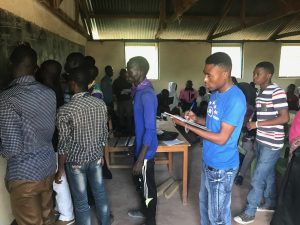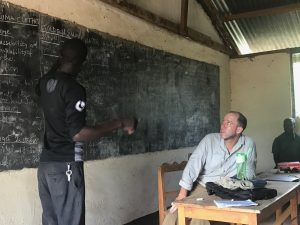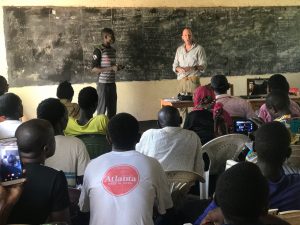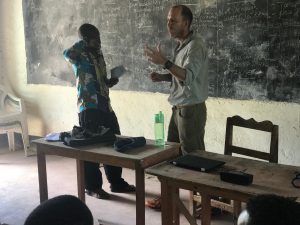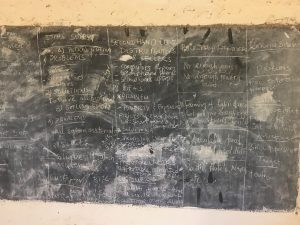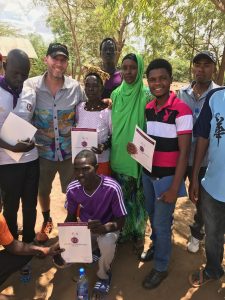Kakuma Ventures: Building Companies in a Refugee Camp
Starting Kakuma Ventures to Empower Refugees
Kakuma is a small city of 200k people where displaced people want to create opportunities through entrepreneurship by building companies
Most Meaningful Experience: Discovering some of the challenges people had in the refugee camp and being able to lend a hand to people who really want to learn.
To be honest, when I first started teaching my entrepreneurship class at the Kakuma Refugee Camp, I didn’t really know where to start. Innocent had invited more than 120 people from across the camp to join the three-day workshop, with many already operating small businesses in their communities or with business ideas but no means to get them started. They all just needed a small boost.
So I began by asking the students questions about what they did and what they were looking to achieve. It was basically working from scratch to try and solve real-world problems. By focusing on the core essentials, we were able to brainstorm and come up with ideas by getting people to work together.
One of the challenges was getting women and men to work together, as well as people of different ethnicities because some didn’t feel as though they were equals. I explained that in Silicon Valley, diversity is really important and in many ways, Kakuma is similar. By working together, you can learn new things from one another and do some really interesting things together.
By the end of the first day, teams had been established with a business proposal to pursue. On the second day, they were tasked with creating a business strategy and plan, with many soon realizing that getting their business ideas off the ground might be easier than they first thought.
However, there was one person who challenged me about the ease of getting capital and suggested I didn’t understand the challenges they faced. I explained that you have to get creative. He said that the capital “doesn’t exist”, so we brainstormed different ways – local government, GoFundMe pages and community support.
On the third day, we put together business plans to see how much money each group actually needed to get their business venture going. After calculating the numbers, we came to the understanding that they were really achievable amounts of money to get. Some could be funded with no startup while others needed just $500 to $1000.
We also had a competition for the best startup ideas and funded the three top projects to get them going. One was about establishing a filtration system to create clean water for the camp’s neighborhoods.
So by the end of day three, Kakuma Ventures had been born. What was most interesting was that while everyone wanted to start a business, they all wanted to pay back investors and didn’t want any handouts. They wanted to build businesses with real investors and start earning their own living.
